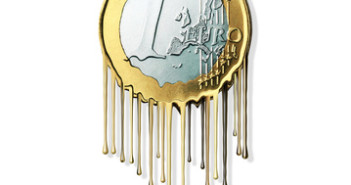Following Germany, the euro-zone is also seeing a not-too-terrible deflation: a drop of 0.3% y/y in February. The small comeback in oil prices made a difference. However, core inflation remains at +0.6% and that shows that demand is still not there. The unemployment rate surprisingly dropped to 11.2%.
EUR/USD holds its relatively higher ground at 1.1212. The climb began beforehand.
The euro-zone was expected to report a drop of 0.5% in prices in February y/y after a drop of 0.6% in January. Core inflation was predicted to remain positive at the same 0.6% rate. Oil prices, especially in Europe, have bounced back from the lows.
EUR/USD was recovering towards the publication, trading above 1.12 after already trading under 1.1160 in the wake of the new week.
Germany reported stronger than expected inflation numbers on Friday, and so did Spain, so an upside surprise in the headline figure is not a big deal.
The numbers feed into the ECB meeting on Thursday, the first after the central bank announced QE. Draghi is expected to reveal details about the mechanisms and the timing of bond buying. In addition, they release updated forecasts for inflation and growth.
More:Â Get Ready For The Next Leg Lower In EUR/USD Coming Weeks
In this week’s podcast, we cover Yellen & the hike, AUD & CAD rate previews, Jobless claims vs. USD & Greek back burner
Subscribe to our iTunes page



